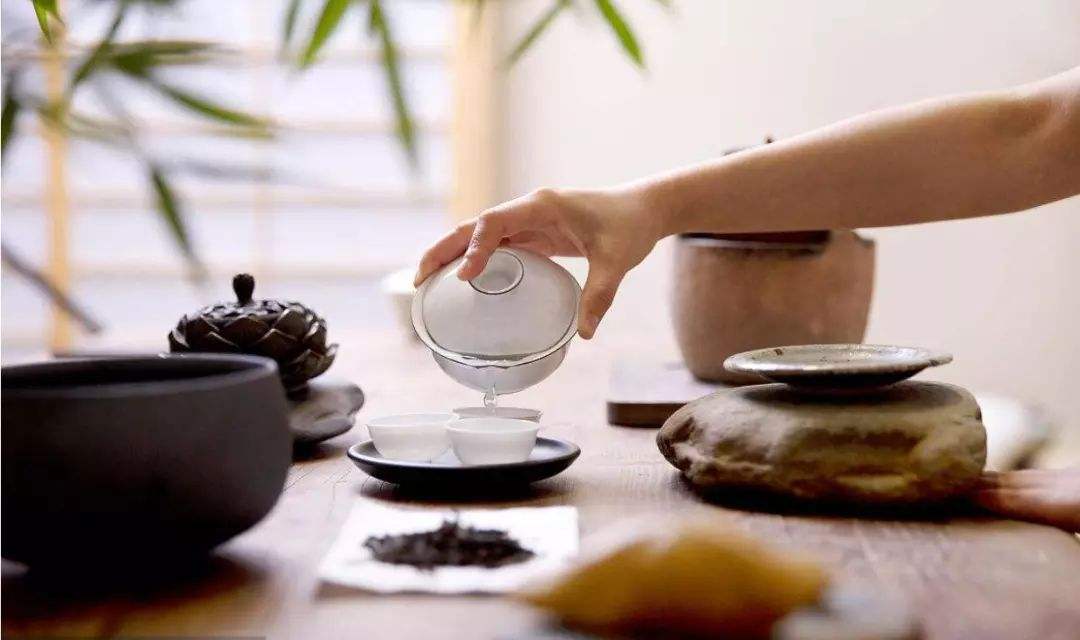
Eczema refers to a group of skin conditions in which the skin becomes irritated or inflamed. It’s a pretty serious disease as it affects about 15% of infants and 3% of adults. While infants tend to outgrow by the 10th birthday, this can be different for adults who sometimes suffer chronic eczema.
Eczema is very hard to treat and currently the most common natural treatment is by applying tea tree oil (sometimes mixed with coconut oil) on the skin. Tea tree oil has proven to be an effective way to ease the itching and help smoothen the skin. However, it’s no remedy that can cure the cause of eczema. So what about tea? Learn everything you need to know about the best teas for eczema in this article.
Tea for Eczema
When it comes to tea, we first need to make a distinction between the different types of tea. There are the leaf teas such as green, black and oolong tea, which are all made from the Camellia Sinenses tea plant. Besides these traditional teas, there are also herbal teas (also known as ‘tisanes’) which can be made from all kinds of plants or flowers. We will discuss them all separately below and determine what is the best tea for eczema.
Green Tea for Eczema
Drinking green tea on a daily basic allows you to enjoy many of its health benefits, including the anti-inflammatory effects that can fight the case of eczema.
In a study published in the Korean Journal of Dermatology, researchers conclude that moisturisers containing green tea extracts can be effective for improving dry skin conditions. Due to the anti-inflammatory effects, green tea extracts can be used for the treatment of atopic dermatitis or xerotic eczema.
In 2012 a publication in the Mycobiology Journal, researchers treated patients with eczema (atopic dermatitis related to Malassezia Sympodialis) with green tea. Their evidence shows that a bath therapy with extracts of green tea can be a safe and effective method.
Oolong Tea for Eczema
An early study in 2001, Japanese scientists investigated the effect of oolong tea against eczema.
Before we discuss this study, we would like to point out that oolong tea is in fact made from the same tea plant as green tea. However, unlike the minimally fermented leaves of green tea, oolong teas are semi fermented.
In the Japanese study mentioned above, 118 patients with eczema (atopic dermatitis) where asked to drink 3 times oolong tea per day. After just 1 month, 74 patients showed moderate improvement in their skin condition. After 6 months, even 64 patients showed a good improvement.
The researchers believe that the effectiveness of oolong tea might be attributable to the antiallergic properties of tea polyphenols. This study is important because it demonstrates that eczema can be reduced by drinking tea, instead of tea extract based creams for skin.
Other Leaf Teas for Eczema
As we mentioned many times, all leaf teas are made from the same Camellia Sinenses tea plant. The classification of tea is based on the way the teas are processed. Different processing methods resulting in different levels of oxidation. Because green tea is minimally oxidised, it maintains the most tea polyphenols. Given this, we can hypothesise that green tea is the most effective against eczema. Followed by semi-oxidised oolong teas and then fully oxidised black teas.
Unfortunately, we aren't able to find a study that investigates and compares the effectiveness of different types of teas on eczema.
Chinese Herbal Teas for Eczema
There are many types of herbal teas that can fight eczema. The most common one is camomile tea. Or even better, go for the Chrysanthemum teas, which is known as the camomile of the East.
Choosing Your Best Tea for Eczema
If you consider drinking tea for eczema, we also advise to look after the potential side effects of tea. As said, green tea contains the most tea polyphenols that can fight the inflammation that cases eczema. However, because green tea is the most ‘raw’ kind of tea, it can upset the stomach of some people. To avoid such side effects it’s better to drink green tea about 30 min after meals. If your stomach doesn’t feel good, then switch to an oolong or black tea. Though in lesser amount, they still contain loads of tea polyphenols. This is very related to a past article we wrote about which teas are cooling and heaty.
Another worry could be caffeine. If you're sensitive to caffeine, then only drink tea after your breakfast and lunch. If skipping the afternoon session still isn't enough to avoid sleepless nights, you should switch to caffeine free Chrysanthemum flower teas. For more info about caffeine, also read our tea caffeine guide.